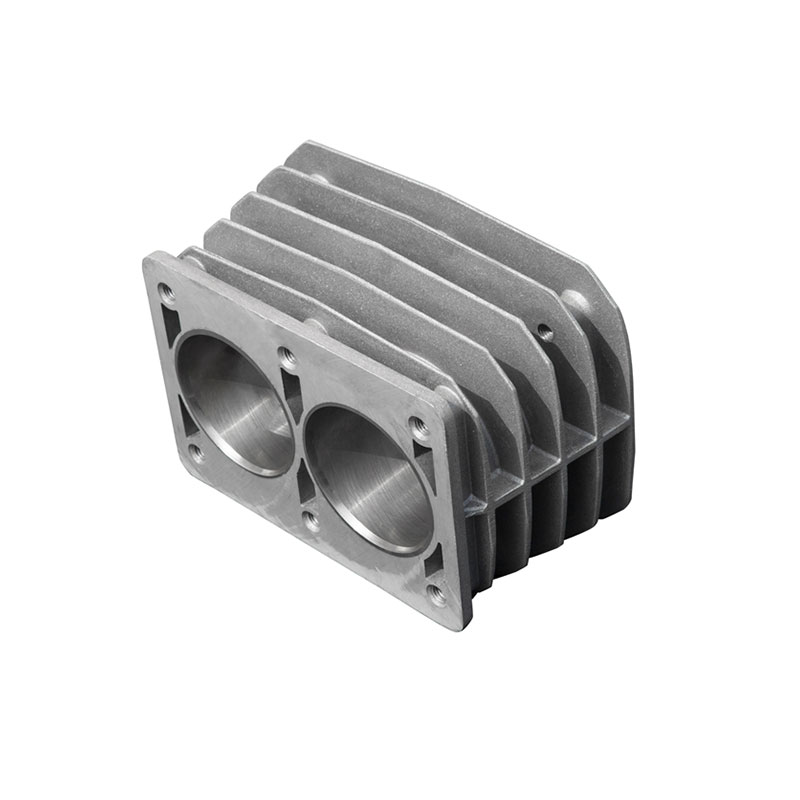our treasures: safe haven after great kiwi road trip - outdoor enclosure
by:Hanway
2019-09-16

In the north of New Zealand, we really like the kiwi here.
They all have their own unique personalities.
But we know that it is time for them to move to other facilities or shelters where they can breed and do their part to help the survival of their species.
While kiwi fruit does not breed well in it, night-time active houses play a valuable role in raising young birds and advocating for the protection of kiwi fruit and our other threatened native species.
Thousands of people, tourists from home and abroad, educational groups and our communities watch our birds every year.
When all these animals leave, it is clearer why our animals are so unique and what role we can all play in protecting them.
So earlier in August 28, we said goodbye to Kapua and Puna, as well as Sue Pizzey and breeder Annie Kiddie and Emma Doel, who started going to Otorohanga
John Tuakana from Ngatiwai Trust has brought beautiful karakia to this journey.
Otorohanga Kapua will be released to the reserve in Taranaki with other birds, and Puna has a partner waiting for her at Nau Manu in wakaana.
But even though they had no birds to take care of that day, the breeder did not stand up!
The fence must have a huge spring clean before the arrival of the new occupants, and all of them are on the deck, including volunteers Tim Hayes and Brie brokby.
Because kiwi fruit is very territorial and their main feeling is smell, we have to remove the smell of Kapua and Puna as much as possible.
This means replacing the hole-digging box with a new hole-digging box with different new digging positions, thus moving and rewiring the hole-digging camera.
The pond was emptied and scrubbed, and the huge large glass viewing window sparkled inside and outside, with basic maintenance, and a large number of new fallen leaves distributed thick and thick on the "forest floor" on the periphery.
It smells amazing, like walking in the bush. At 6.
At 30 that night, everything was ready, seven o'clock P. M. , after 12
One hour a day, Anne and Emma return safely with Ben and Joe Karin, our new residents of the Kiwi House.
These new taonga in northern New Zealand and our community are welcomed by an unforgettable karanga and when they are taken to the entrance they enter the night and are blessed by karakia
Thank you so much to the Irish and John from Ngatiwai Trust who came out that night for this welcome event.
The situation was not worse for their trip and the birds were quickly released directly into the cave.
When we saw them on the cave camera, young male Ben came out to explore his new home.
It was very exciting to see him for the first time, go out and explore every corner.
We are grateful to the dedicated staff of Otorohanga Kiwi House for the high success rate of organizations like them, growing Kiwi in outdoor fencing, and publicity facilities like ours have birds, people can see them there and get to know them.
We must also express our gratitude to the New Zealand National captive cooperative.
Coordinator for the extensive extraction of individual birds and their genetic data in order to manage the breeding program.
Although we are always aware of the great responsibility involved in this, we are very proud to be able to play our part in protecting our unique native wildlife.
Jockalene and Ben will be over 1 year old in October, so there may be a Kiwi birthday party during school holidays?
Since they have been living together in a night house in Otorohanga, we hope they will settle down soon and we look forward to getting to know them and introducing them to our visitors.
Allie Fry is the director of operations in northern New Zealand.
Custom message








